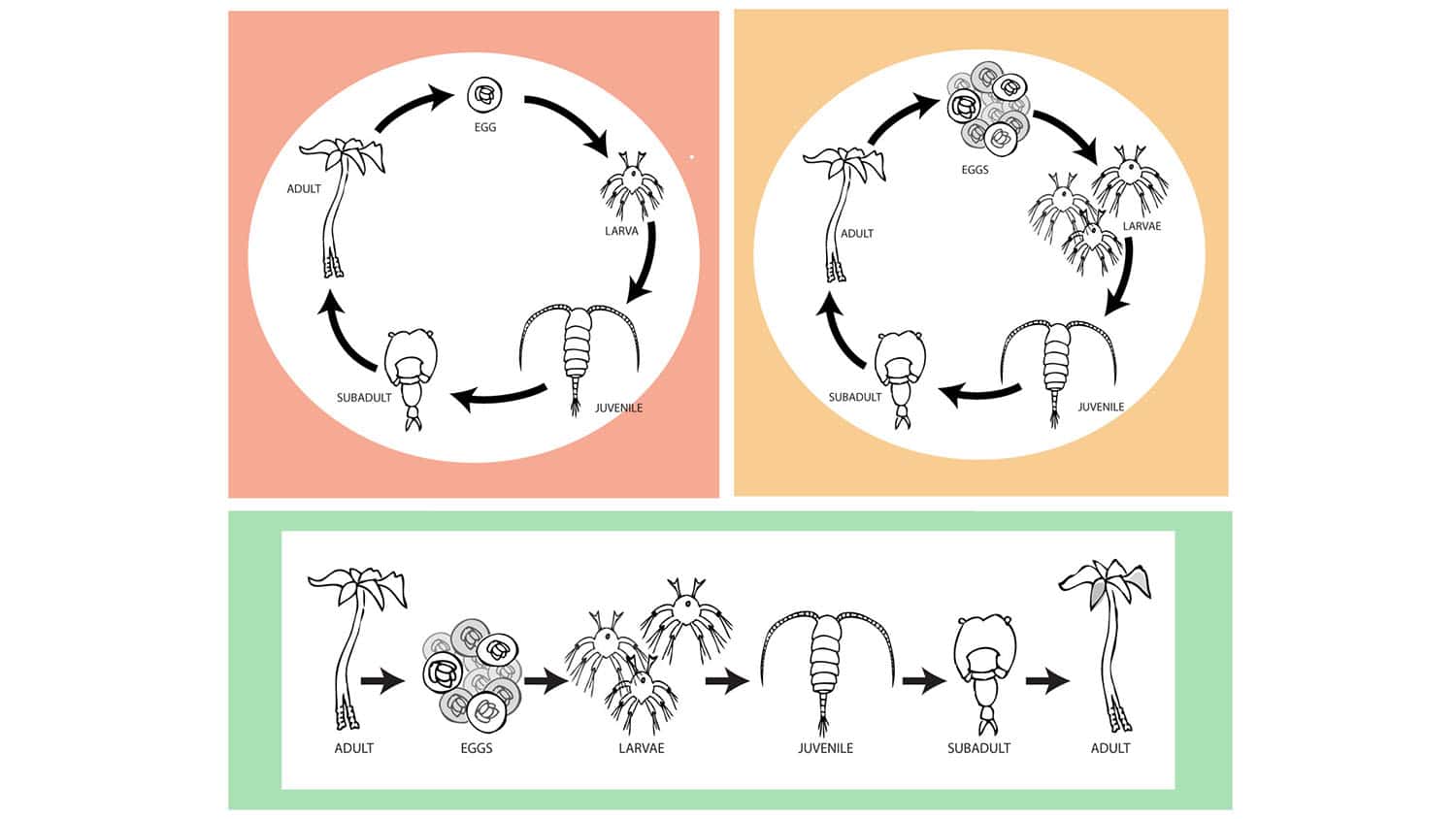First-Ever National Survey on Genetically Engineered Mosquitoes Shows Mixed Support
Researchers from North Carolina State University have conducted the first nationally representative survey in the United States to gauge public opinion on the use of genetic manipulations to drive down mosquito populations and related diseases. While public support varies, depending on how the mosquitoes are characterized, a plurality opposes the effort when potential risks are explained.
“We wanted to know what the public thinks about this issue, since modified mosquitoes are already being released in other parts of the world, and are under consideration for use in the U.S.,” says Dr. Michael Cobb, an associate professor of political science at NC State who oversaw the poll. “We found that giving people accurate information about how this process works increases their support for the concept, but support is also contingent on the label used to describe these mosquitoes.”
The nationally representative survey of 1,211 people was conducted in July and has a sampling error of plus or minus 2.8 percent.
At issue is the development and release of genetically modified male mosquitoes. Male mosquitoes do not bite. However, if released in the wild these modified male mosquitoes would mate with wild female mosquitoes and pass on a genetic defect that would cause their offspring to die before reaching maturity – thus driving down the population of wild mosquitoes within a small geographic area. Scientists have stated that the technique holds promise as a means of combating mosquito-borne illnesses such as West Nile virus and dengue fever.
However, there are some questions about unexpected outcomes. For example, if some female offspring survive, would people be more allergic to their bites? Or, if mosquito populations shrink, could a potentially more troublesome species take their place in the ecosystem?
The recent survey finds that public support for the concept hinges, in part, on how it is first presented. For example, among respondents who were told that “sterile” mosquitoes had been bred to control mosquito populations, 42 percent supported releasing the mosquitoes and just 14 percent disagreed. When given more technical information about the concept, support went up to 51 percent – even though the respondents now knew the “sterile” mosquitoes were genetically engineered. Yet, when potential risks were also outlined, the percentage of people who approved of releasing the mosquitoes dropped to 33 percent.
But approval was lower across the board when respondents had the mosquitoes described as “genetically engineered,” “genetically modified” or “transgenic” rather than “sterile.” For example, initial approval of releasing “genetically engineered” mosquitoes was approximately 24 percent, rising to 39 percent when the process was explained. However, that number dropped to 17 percent when potential risks were also introduced.
Interestingly, while the plurality of respondents were neutral regarding the possible release of modified mosquitoes, on average respondents rated the genetic engineering technology as safer than spraying insecticides to kill mosquitoes.
“The survey findings are an excellent example of how public attitudes toward novel scientific innovations are far from fixed,” says Dr. Andrew Binder, an assistant professor of communication who helped author the survey questions. “But even if people haven’t formed concrete opinions about this technology, that does not diminish the importance of engaging in transparent and honest communication about the nature of the mosquitoes and their potential risks.”
The survey was developed by Cobb, Binder and Dr. Fred Gould, William Neal Reynolds Distinguished Professor of Entomology at NC State. A complete report of the survey results can be accessed from http://geneticengsoc.ncsu.edu/cccc
-shipman-
- Categories:


